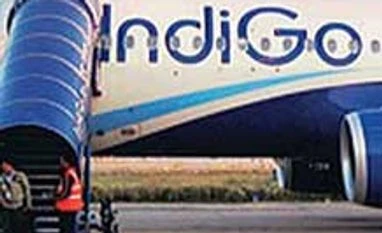In its application to RBI, IndiGo has asked for approval to raise funds through external commercial borrowings. According to the RBI website, the loan would be used for “import of capital goods” and would have a term of 14 years.
IndiGo did not respond to an email seeking comment.
IndiGo operates 64 single-class airbus A320 aircraft on 38 domestic and international routes. The airline has also ordered 280 Airbus A320s, including 150 A320neo, to be delivered by 2024. The planes were ordered in two separate deals, valued at about $21 billion at list prices.
Industry sources said barring four planes, all aircraft in its fleet had been acquired on a sale-and-leaseback basis or on ‘operating leases’ for six to seven years. This had helped the airline limit debt and maintenance costs.
Analysts see the airline’s move as prudent. “IndiGo has 280 planes on order. Since its launch in 2006, it is adding about ten aircraft a year and would continue to do so in coming years. From an asset-management perspective, it seems a prudent move, as after this, the airline would have a mix of owned and leased planes,” said an industry source, adding the airline might not have tied up with foreign lenders yet. The application might be an enabling provision alone, he added.
Typically, airlines acquire planes on financial leases (an aircraft is purchased by the airline, but hypothecated to a lender till the repayment is complete) or on an operating lease from a lessor. In case of a financial lease, an airline pays the entire contracted price to the manufacturer. In case of a sale-and-leaseback deal, an airline orders the aircraft and makes a pre-delivery payment (usually 20-30 per cent of the aircraft cost) as a commitment to the manufacturer. At the time of delivery, the lessor makes the final payment on behalf of the airline and leases the plane to that airline.
)